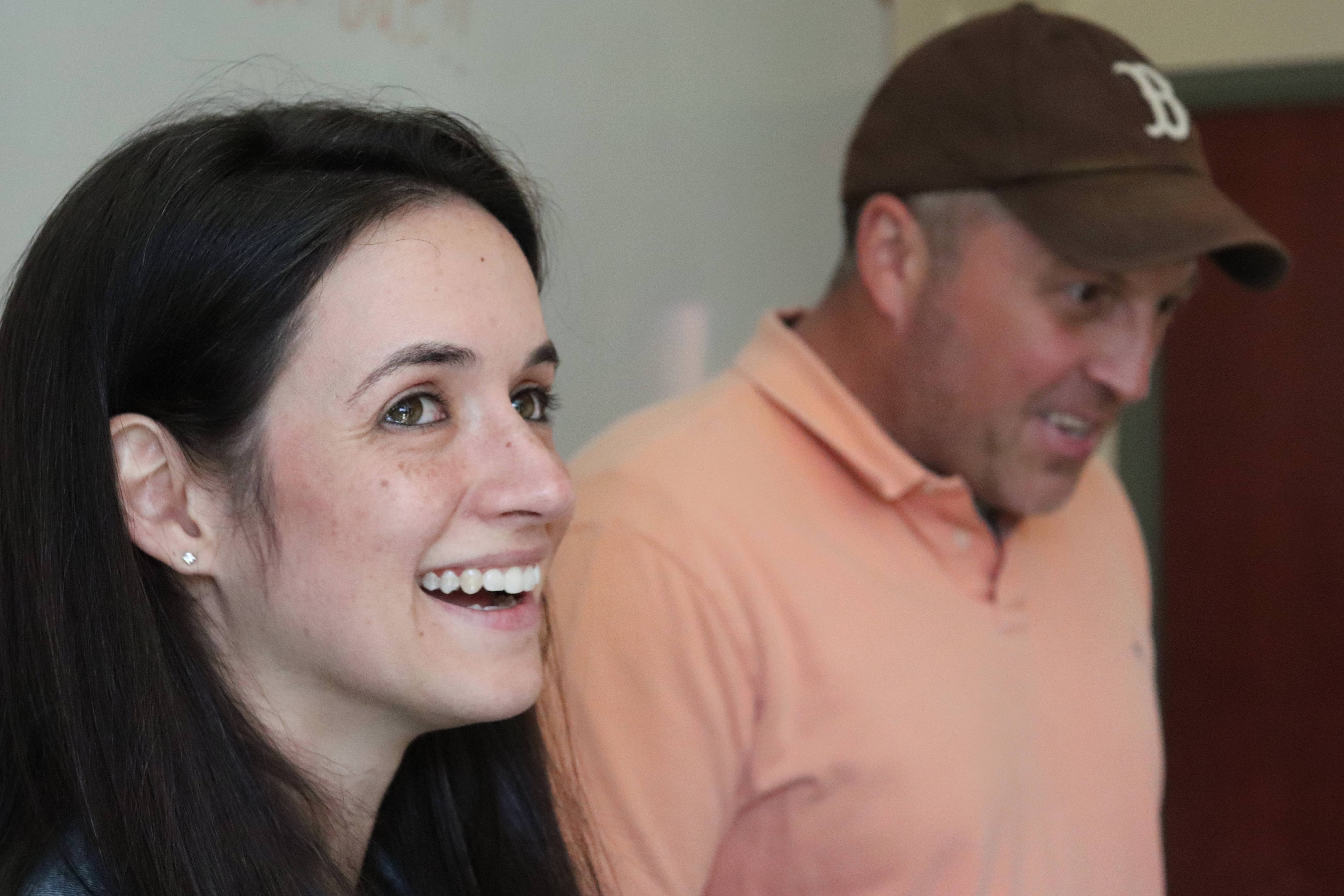
Project TECHNOLOGIA is a dual alternate reality–roleplaying game developed specifically for students enrolled in the Two Summers MA/SD Educational Technology Program. Its narrative follows three administrators of a fictional space vessel, Remmlar Array, headed by Duncan Matthau and his assistants, Rheegan Hamilton and Biff Wallace. Though the project has changed form multiple times over its decade-long history, its core goal—helping future educational technology coaches envision, design, and implement the integration of learning technologies (as defined by the International Society for Technology in Education [ISTE] standards; see ISTE, 2020)—has remained the same. It is currently undergoing redevelopment as a video game, but the original text-based roleplaying experience (as well as the corresponding research on its design and implementation) can be found at:
Since the early 2000s, educators, administrators, politicians, and researchers have given increased attention to the potential affordances of video games for educating K-12 and university learners. This has led to the instantiation of numerous game-based learning (GBL) journals, investigations of efficacy, achievement, and motivation using multimillion dollar tools, and a federally-funded competition for science, technology, engineering, and mathematics game development. Yet, little is known about the way particular game mechanics, narrative structures, and community-driven tools (e.g., forums, cheat guides, mods) influence the skills needed to be a successful 21st century learner. Few studies have catalogued the particular actions and thoughts of particular players playing particular games, and even fewer have addressed the possible affordances of narrative, co-constructed storytelling, and student agency in educational game environments. In response, this dissertation discusses how increased emphasis on intentionality, game design, and narrative may expand on not just what is known about games and gameplay but also how educators can leverage game mechanics, embedded social collaboration, and stories toward the fulfillment of complex objectives like transfer and curricular goal adoption. Qualitative data collected from a text-based, dual alternate reality-roleplaying game was used to conduct grounded theory analysis of emergent player-game-context relationships across a five-month period. Findings suggest that GBL may be optimally studied as dynamic, in-the-moment agent-environment interactions rather than single-purpose independent variables. Additionally, participant outcomes support the application of a Technology, Pedagogy, Content Knowledge, and Learning Theory (TPACK-L) design framework and, by extension, contemporary learning theory as part of game development.

